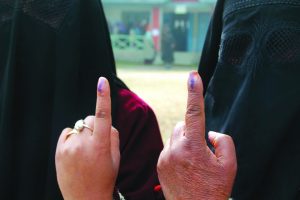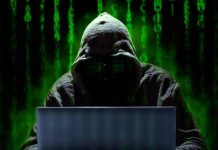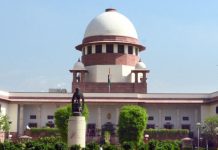 Jammu and Kashmir is once again looking to hold Panchayat polls in the state. The noise to the effect has grown stronger since the imposition of Governor’s rule. But the clearest signal about the conduct of such polls in near future was given by the Prime Minister Narendra Modi in his Independence Day speech. He said the people from the state were urging him to hold the panchayat election and that the government would organise them over the next three months.
Jammu and Kashmir is once again looking to hold Panchayat polls in the state. The noise to the effect has grown stronger since the imposition of Governor’s rule. But the clearest signal about the conduct of such polls in near future was given by the Prime Minister Narendra Modi in his Independence Day speech. He said the people from the state were urging him to hold the panchayat election and that the government would organise them over the next three months.
The then J&K Governor N N Vohra even announced the time frame in his I-Day address. He said, “The elections to urban local bodies are scheduled to take place during September-October and the phased panchayat polls during October- December this year”.
Ever since, J&K Police has gone about preparing a security plan. It is also preparing a report about the requirement of the additional forces to be sent to the Ministry of Home Affairs. And according to additional director general of police Muneer Khan police is also identifying “sensitive and hyper sensitive areas” which would require more security.
The process has received a boost of sorts with the All J&K Panchayat Conference showing its readiness to fight the polls in a memorandum to the former Governor Vohra. But there is a rider: their participation should in no way be linked to the politics and the Kashmir issue.
“We have made it clear that Panchayat polls are purely a community-based exercise. Panchayats existed in the state when there was no government,” AJKPC president Shafiq Mir said. Also, they have urged the government to hold panchayat polls on a non-party basis.
However, Mir hails from Jammu region and his opinion doesn’t reflect the sentiment in Kashmir Valley, the epicentre of turmoil. The situation in the Valley is by and large reverse of the one prevailing in Jammu. Past few years have witnessed a drastic deterioration in the security environment. Last year, the government was unable to hold by-poll for a Parliamentary seat in South Kashmir. The seat is still vacant. And the election for the by-poll in central Kashmir parliamentary constituency could only be held at the cost of the death of seven protesters. What is more, barely 7 per cent people exercised their franchise while the rest boycotted. The situation since has only further worsened making holding of polls even more daunting an exercise. More so, the Panchayat and urban local bodies polls which are fought at the village and locality level.
But for the state and central governments, holding these polls has become both a point of prestige and a test of their ability to make a redeeming difference to the situation. Any sign or semblance of public participation in the. polls would herald a change for better in the situation. After all, last time Panchayat polls were held in 2011 when more than 80 percent of the people cast their ballot defying separatist boycott call, thereby dealing a blow to the then prevailing militancy.
But as of now, ithe situation is entirely different. It seems counter-intuitive to imagine people taking part in the exercise in large numbers. On the contrary, the exercise is believed to lead to a sharp escalation in violence with the candidates and even the voters becoming the target of the militants. Besides, the renewed and reinforced mass sympathy with the separatist cause only further increases the challenge. “For us, militancy is not so much a problem as the public support for it,”. says a police officer. “If people can put their lives on the line to save the militants, they will be that much particular to obey the separatist call for the boycott of polls “
letters@tehelka.com











